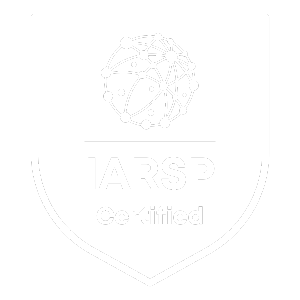In today’s business landscape, where everything feels hurried and fast-paced, time is a precious resource. As a small business owner or entrepreneur, your responsibilities are varied. At times, it can feel overwhelming and exhausting as your ability to focus on what truly matters – growing your business and achieving your goals – can be left by the wayside.
This is where a personal assistant comes in. They’re skilled at handling administrative tasks, managing your schedule, and much more, ensuring the smooth running of your operations so that you can focus on what you do best. But hiring a personal assistant is not a decision to be taken lightly. It’s an investment that requires careful consideration and planning. That’s why we’ve created this guide – to equip you with the knowledge and insights you need to navigate the process with confidence and ease.
The role of a personal assistant: what do they do?
So, what exactly does a personal assistant do? Well, they’re here to shoulder some of your burdens and take care of those pesky tasks that eat up your time and energy. From managing your schedule, handling correspondence, and organising travel arrangements to conducting research, handling basic bookkeeping, and even screening phone calls, a personal assistant is a multitasking maestro.
They can be your gatekeeper, ensuring that only the most important matters reach your attention while filtering out the noise – imagine the relief of not having to wade through countless emails. But the benefits of having a personal assistant go beyond just task management. They can provide valuable support in maintaining your work-life balance by taking care of personal errands and freeing up your evenings and weekends. Their expertise and efficiency can also help you streamline your operations, increase productivity, and unlock new levels of success.
Now, you might be thinking, “But can’t I just handle everything myself?” Sure, you can, but here’s the thing: a personal assistant is like a productivity catalyst. By offloading time-consuming tasks, you can reclaim precious hours in your day and redirect your energy towards strategic thinking, business development, and nurturing key relationships.
Assessing your needs
The first step in identifying your needs is to take a good look at your workload. What are the tasks and responsibilities that are consuming most of your time? Are you drowning in a sea of scheduling nightmares or administrative chaos? Identify those pain points that make you want to pull your hair out, and you’ve found your starting point.
Once you’ve pinpointed the areas that are crying out for assistance, it’s time to consider what specific tasks a personal assistant can handle. Maybe you need someone to manage your calendar, set up appointments, and keep track of important deadlines. Or perhaps you could use some help with basic research, document preparation, or social media management. The key is to think about essential tasks that don’t necessarily require your personal touch.
Finding the right fit
Initially, you’ll need to decide whether you want an in-house personal assistant or a virtual one. In-house assistants work physically in your office, while virtual assistants provide support remotely. Both options have pros and cons, so consider factors like your work setup and budget before deciding. Remember, a remote assistant doesn’t come with the costs associated with an in-house employee.
Now, let’s talk about sourcing candidates. One popular route is through good old word of mouth. Reach out to your network, and ask fellow business owners or entrepreneurs if they can recommend a stellar personal assistant.
When it comes to interviews, don’t be shy. Ask tough questions, dig deep into their experience and skills, and don’t forget to assess their personality and cultural fit. After all, you want someone who can seamlessly integrate into your work environment and understand your unique needs.
Crucial skills and qualities
Adaptability
You need someone who can roll with the punches and handle whatever curveballs come their way. Things change at lightning speed in the business world, and your personal assistant should be able to adjust on the fly and keep their cool when the unexpected happens.
Organisation and time management
These two skills are the dynamic duo of personal assistant skills. Your candidate should have a knack for keeping things in order, juggling multiple tasks, and staying on top of deadlines. From managing your finances to organising travel with finesse, they should be the kings and queens of organisation.
Communication
But it’s not just about being a scheduling wizard. Communication and interpersonal skills are vital too. Your personal assistant will be interacting with clients, partners, and other team members on your behalf, so they should be able to communicate professionally and effectively. A friendly and approachable demeanour goes a long way in building positive relationships and representing your business with charm.
Technology savvy
In this digital age, being tech-savvy is a must. Your personal assistant should be comfortable with various software, tools, and applications. From email and project management platforms to document collaboration tools, their tech skills should be on point. Bonus points if they’re familiar with social media management and digital marketing.
Trust
Be clear about your expectations from the get-go. Communicate your work hours, availability, and preferred communication channels. Also, consider confidentiality and trust as vital aspects of the relationship. You’ll be sharing sensitive information with your personal assistant, so establishing a strong level of trust is paramount.
Company culture
Cultural fit is also important for them and you. You want someone who aligns with your work style, values, and company culture. Look for someone who not only has the skills but also fits in seamlessly with your team dynamic. A harmonious working relationship can make all the difference in maximising the benefits of having a personal assistant.
The cherry on top
Now, let’s talk about the intangibles. A personal assistant should be proactive, resourceful, and have a keen eye for detail. They should anticipate your needs and take the initiative to go above and beyond. Being a problem solver and thinking two steps ahead is their secret weapon to make your life easier.
Setting expectations and boundaries
Establishing some ground rules and clear expectations with your personal assistant is essential to ensure a smooth working relationship and avoid any potential hiccups down the road.
Talk openly with your personal assistant about your work style, preferences, and how you like things to be done. Do you prefer emails, phone calls, or a project management tool for task updates? Let them know your communication expectations and how often you’d like to touch base. Setting these communication guidelines from the start will save you both time and potential misunderstandings.
Next, it’s important to establish clear work hours and define when your personal assistant is expected to be available. Are they required to work a set 9-to-5 schedule, or do they have more flexibility? Communicate your expectations regarding their availability for meetings, calls, and urgent tasks. Remember, they’re here to support you, so it’s crucial to align on the timing that works best for both parties.
Lastly, don’t shy away from providing feedback. Regularly check in with your personal assistant, provide constructive feedback, and recognise their efforts. This open dialogue will help them grow and improve in their role, ultimately benefiting both of you.
Onboarding and training
Get your assistant acquainted with the lay of the land. Provide them with a comprehensive overview of your business, its goals, and its operations. Give them access to the necessary tools, software, and systems they’ll need to carry out their tasks efficiently. Show them the ropes, introduce them to key team members, and explain any internal processes or workflows they need to be aware of.
Now, onto the training. This is where you’ll bring out your inner teacher and equip your personal assistant with the knowledge and skills they need to excel. Start by identifying the specific areas where they may need training or additional support. Do they need to learn how to use specific software? Do they need guidance on your company’s brand voice and tone for communication? Tailor the training to their needs and provide resources, tutorials, or one-on-one sessions to get them up to speed.
Your personal assistant game-changer
And there you have it – we’ve covered all the essentials when it comes to hiring a personal assistant. From understanding what a personal assistant does to finding the right fit, assessing your needs, and setting expectations. Remember, hiring an assistant can be a game-changer for small business owners and entrepreneurs like you. With the right person by your side, you can free up valuable time, focus on what truly matters, and take your business to new heights.







